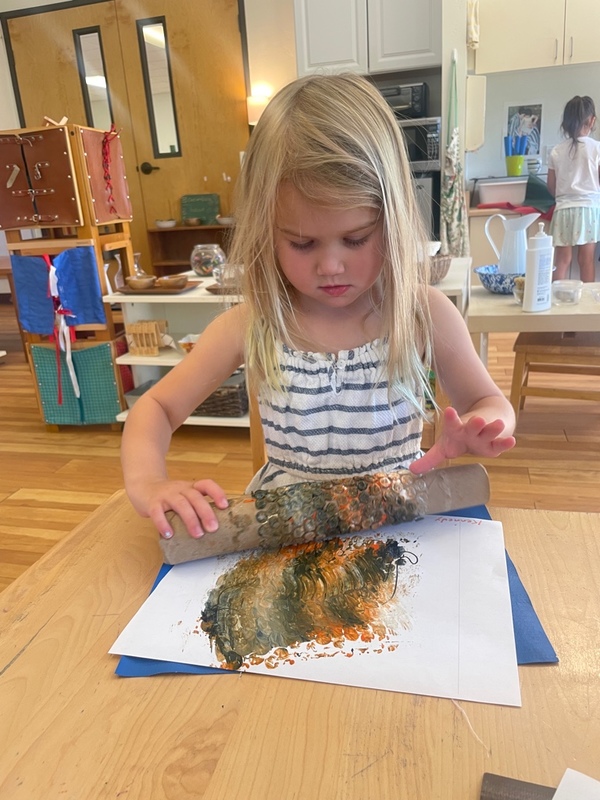(858) 759-0631
We all want our children to grow up with the ability to persevere at a task, work through difficulties, to have and confidence they can succeed with their goals. Following Montessori principles at home can certainly help.
Here are some ways you can help your child develop perseverance by using Montessori principles:
- Follow your child's interests
This principle almost seems too simple and obvious, but it is easier for your child to stick with a task he or she finds interesting. The concentration your child gains and the pride your child feels from completing work often encourages your child to undertake new goals and reach new heights in the future. Interestingly, self-chosen work often has finished results much more impressive than a Guide or a parent would assign.
- Have lots of practical life activities and opportunities available for your child
Practical life activities are an essential part of Montessori education. I can't stress enough the importance of them for developing order, concentration, coordination, and independence. I know many of our families offer these opportunities to their children already. They include squeezing an orange, mopping the floor, watering the garden, pouring their water from a pitcher, and unloading the dishwasher. You get the picture. Help your child to do it themselves.
Have items at the ready for your children to use, such as a watering can, a Swiffer, and an orange squeezer with a bowl of oranges.
- Demonstrate how to do an activity, showing the entire work cycle from beginning to end
It's important that your child knows the steps involved and learns to complete an activity.
- Allow your child to choose work, repeat an activity as many times as he or she chooses, and complete a cycle of activities uninterrupted
Sensitive periods are an important part of Montessori philosophy and should be encouraged. They allow your child to work for long periods and repeat activities many times while compelled to meet the needs of a particularly sensitive period.
- Don't do for your child what your child can do for themselves
In Montessori education, children are helped to help themselves - helped to become independent. In Maria Montessori's words: "These words reveal the child's inner needs: 'Help me to do it alone.'"
Many Montessori materials have a built-in control of error so a child will instantly see if a mistake is made. If uninterrupted, the child will typically work with material (learning persistence) until he or she reaches success. If your child doesn't specifically ask for help, even if your child appears to have some difficulty with a task, it's generally best to let your child figure it out alone.
We hope these simple Montessori principles may help you guide your child to help with the development of perseverance.
-Ms. Michelle, Dragonfly Teacher

